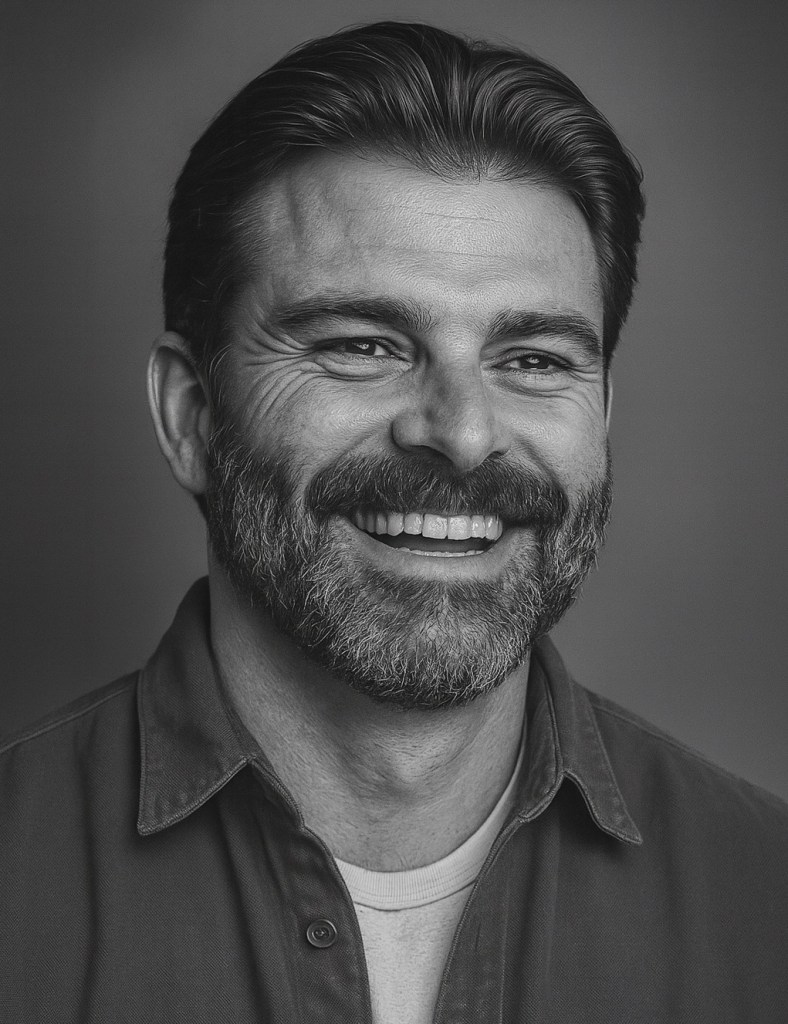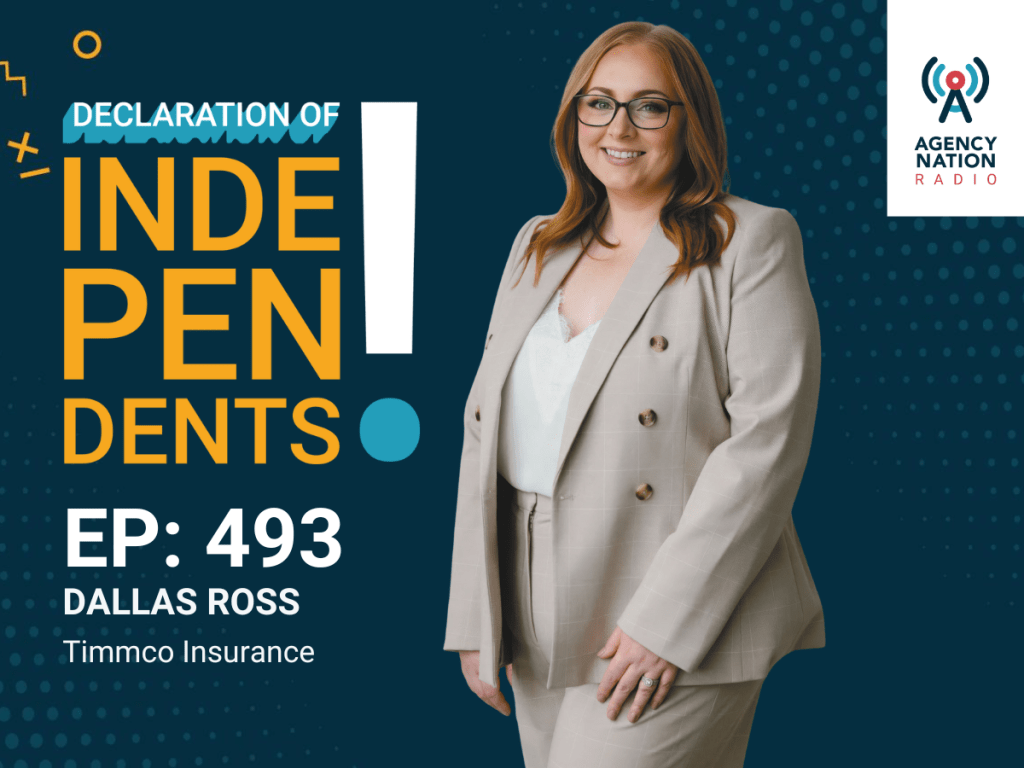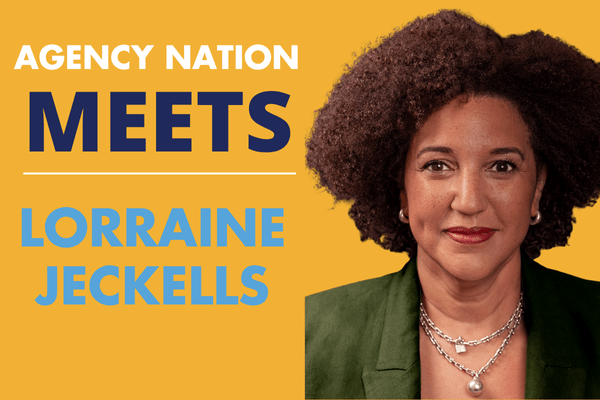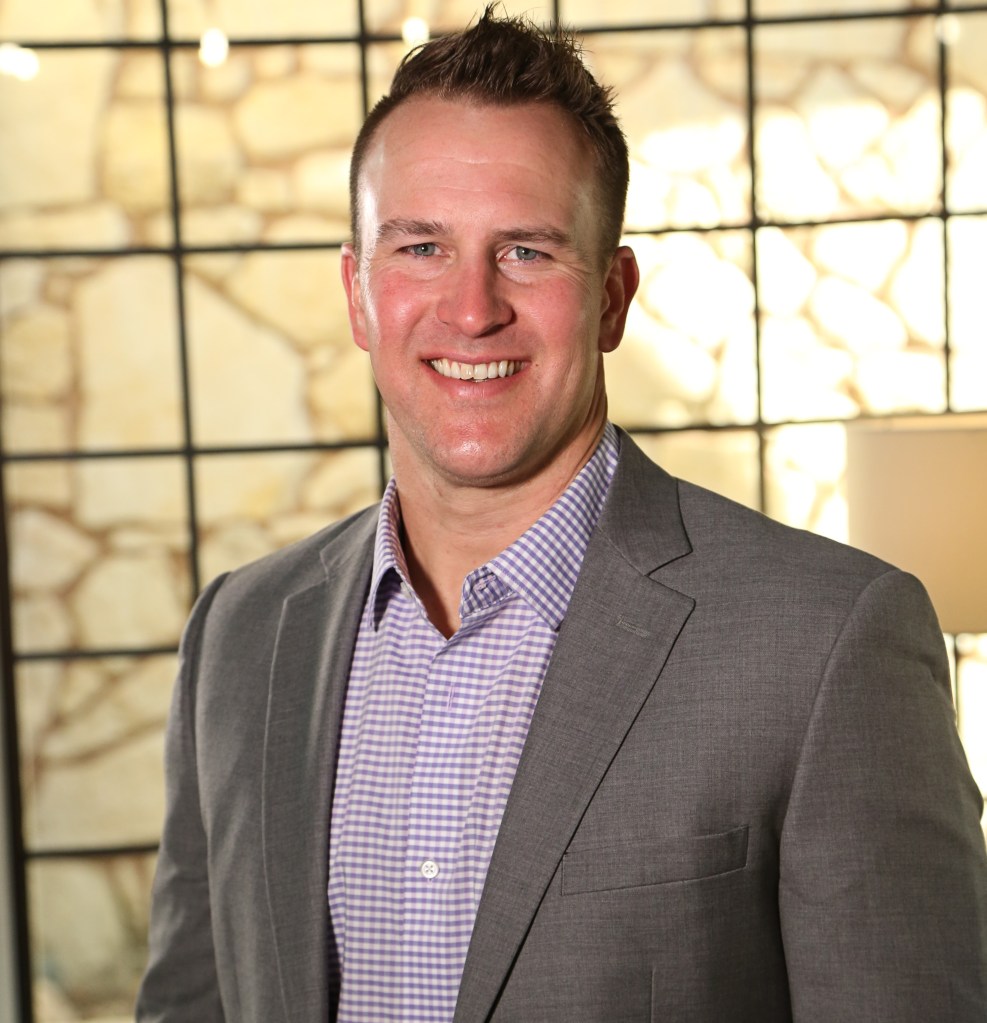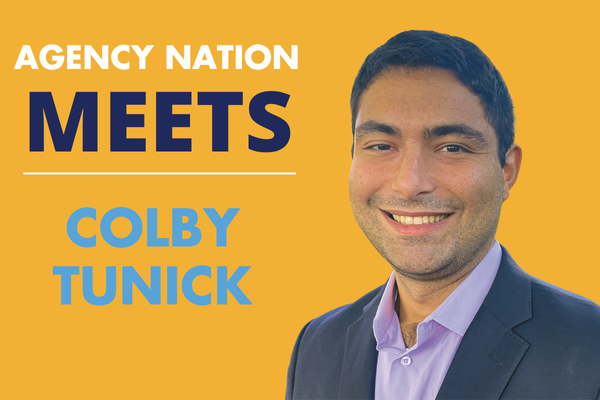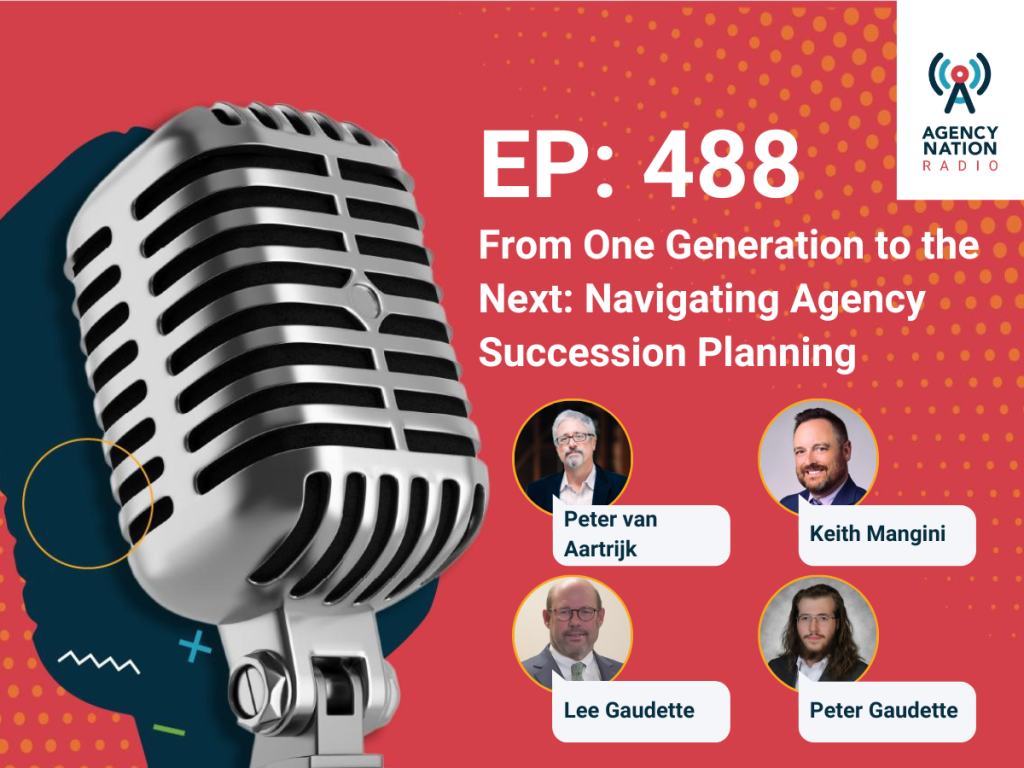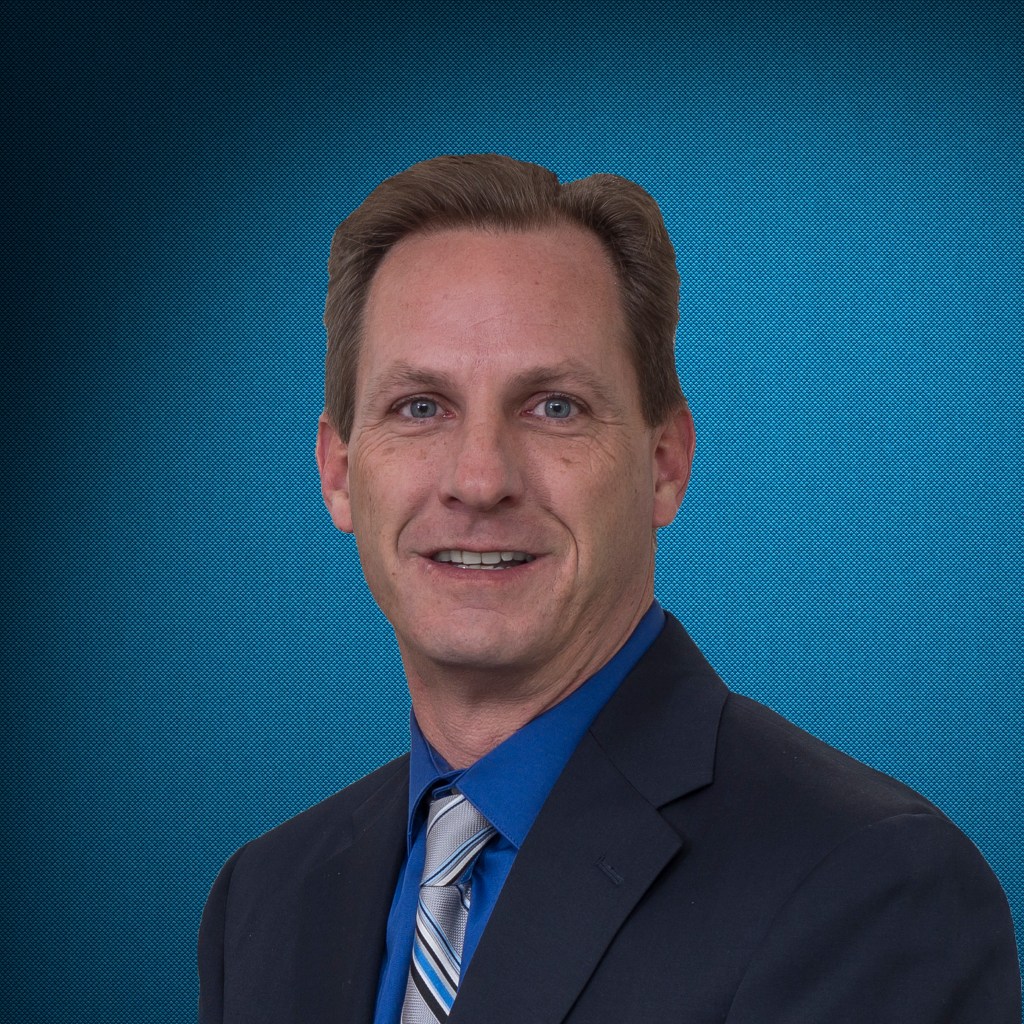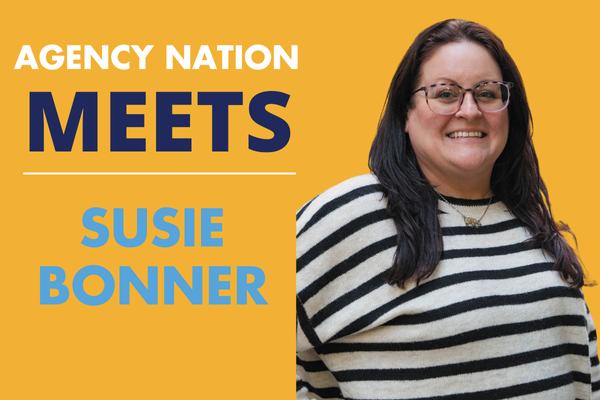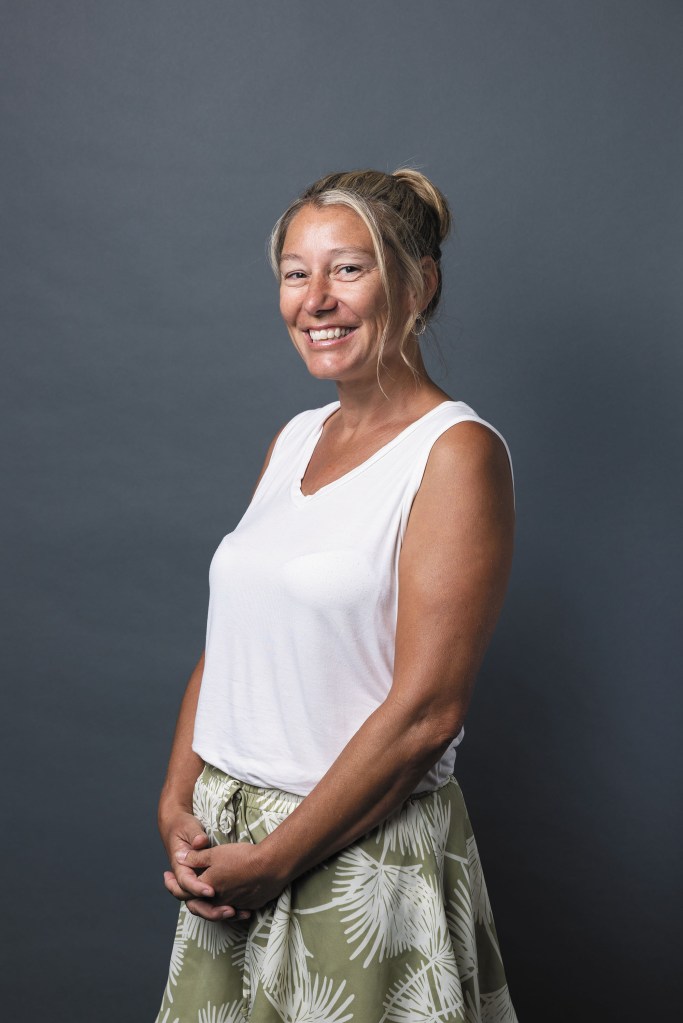Taking Over: Meet Millennial Agent Jenny Saint Preux
By: Jacquelyn Connelly
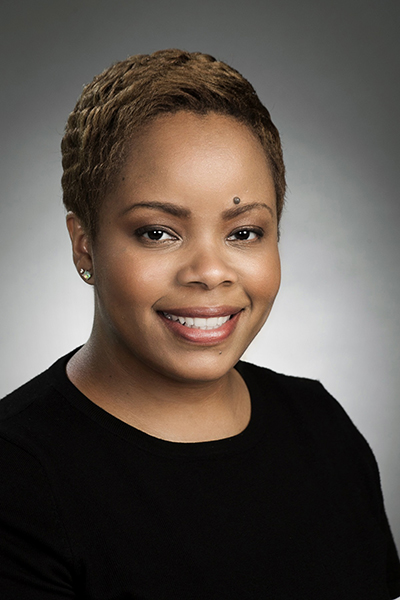
Jenny Saint Preux
Account Executive
HN Insurance Services
Alpharetta, Georgia
Your age: 36
Guilty pleasure TV show: “The Chi” and “Big Little Lies”
In your earbuds: Just about everything! My playlist builds on itself as I hear new songs I like.
The app you can’t live without: iPhone Email App
Spotify or Apple Music: Apple Music
Netflix or Hulu: Netflix
Why insurance?
I was introduced to insurance when I was in college. I got a temp job at the Florida Department of Financial Services, and the deputy director later invited me to join her at the Florida Office of Insurance Regulation when she got a promotion. It was in the special investigations unit, so we would audit companies on an annual basis to make sure they were in compliance. Before that, I had never considered a career in insurance—it was just by chance of having an awesome mentor and boss.
From there, I applied to several insurance companies, and Amica was amazing. They really rolled out the red carpet to their applicants and made me feel welcome. I ended up accepting a position there as an underwriting manager, and I was with them for almost eight years. Amica was always one of those places where if you get in and you like it, you’re retiring there.
But not you?
But not me. About a year before I left the company, things started to change for me. I began to realize it was time for me to take my career in another direction that was a better fit for me and my family. I went and did real estate for a little bit, and I was trying to figure out, where do I go next? Do I stay in real estate? Do I return to insurance? If so, do I do underwriting? What is it about insurance that attracted me in the first place?
While figuring all this out, I was contacted by the person who hired me for my role at HN—she reached out and said, “We think you’d be great as a producer at this agency. I know you’re doing real estate right now, but this company’s a hybrid—we are 50% owned by an insurance agency and 50% owned by a real estate agency.” I had never considered direct sales, but I decided to try it out. It’s going on about a year now, and it’s been an amazing run thus far. I’ve learned a great deal.
What’s to love?
Educating someone about something they didn’t know before. I recently got to conduct a three-hour real estate continuing education course that I got approved by the Georgia Real Estate Commission. With my underwriting knowledge, I was able to share with the agents things to look out for when they’re touring a home with a client—kind of training them to see through the eyes of an underwriter. What are some of the things an underwriter’s going to notice that may cause a little bit of pushback? What might an underwriter see as an issue if there’s an open claim, or if there’s been a large claim on the property?
That’s the part I love most about my role. Don’t get me wrong—I like selling. But the drive for me is when I educate a client, when I educate a real estate agent, when I get to teach a course or speak at weekly or monthly meetings. That’s what I get my high from the most—seeing that lightbulb go off, where they go, “Oh! I hadn’t considered that.” When I offer them more than just a product, but a solution—that makes the resulting sales so much sweeter for me.
Work/life balance?
I’m able to work from home from time to time, and if I need to leave early in order to beat traffic, I can do that. I get home, I cook dinner, I get everyone situated, and then I log back in and work until 11 or 12 if I need to. Having that flexibility makes me want to work harder.
Embracing change?
Personally, I love technology. When I was at Amica, I was in charge of training our Atlanta office on our new billing system. The switch occurred countrywide—every account, all at once. It was the biggest implementation of that software in American history. I was incredibly fortunate and blessed to be a part of that, to go to the training in Rhode Island, learn everything and then take those training and development materials and teach the folks back in Atlanta.
I led a team of four people, and we all worked together to determine exactly how to relay that information to the rest of the team. It took me four weeks to train my team, and then we had a couple of months to make sure everyone understood not only the concept of the system, but also how to use it from a practical standpoint. Since then, customer service has improved from a billing perspective. The new system works faster, it’s more agile—it’s been an amazing change at the company.
Perpetuation gap?
No job is really “sexy,” but insurance has a horrible rap for being very boring, and that’s the image we’ve had for so long. The perception of insurance agents just knocking on your door and being aggressive—that image has stayed, and unfortunately, it’s the older man in the tie. In order for us to continue, we have to push diversity in all forms. We have to get more women in higher positions, underwriting positions, agency ownership positions, and we have to attract minorities into the industry.
As a country, our demographic composition is changing. We have to read the landscape and realize we have this diverse pool of potential clients and talent—let’s go out and get qualified people who can fill those roles. That will not only allow for that perpetuation to continue, but also allow us to reach clients we never would have considered reaching, because maybe there are ways to reach a particular market that perhaps I’m not the best at, and this other person might be. If I’m in Central or South Florida and I open an agency, I’m probably going to need to hire somebody who speaks Haitian Creole or Spanish. That’s just realizing what the market is, what the market needs, and then meeting that need through diversification.
Making it happen?
The focus needs to be on leadership positions, because that’s really where the grand-scope vision changes are made. You need somebody in the C-Suite who can say, “Hey, maybe we can present this this way,” or, “Have we ever considered X?”
You can hire a bunch of people of color for lower- or mid-level management roles, but if everybody at the very top is of one particular gender, culture, background or race, you’re not going to create an environment where people can feel confident and comfortable sharing diverse views at all levels. You have to allow different perspectives to come into play. It has to be intentional.
Biggest career mistake?
Simon Sinek says, “Leadership isn’t being in charge, but rather having people in your charge”—like you’re entrusted with them. When placed in a leadership role, I’ve always made certain to invest in the people placed in my charge, and I’ve been blessed to have leaders who viewed our relationship in much the same way. However, one or two did not, and in those instances, my biggest regret is allowing my disappointment from keeping me from maximizing that relationship or experience.
I stayed respectful, I did my job, but I feel that I kind of closed myself off and didn’t learn as much as I could have in that scenario. I lost sight of the fact that there’s always something to learn from everyone, no matter the quality of the relationship. I wish I had realized what the environment was and what that leader wanted, and learned as much as I could from them.
Advice for a fellow young agent?
Learn as much as you can from everyone. If you’re a producer, you can still learn from the account manager. If you’re an underwriter, you can still learn from the tech. Try to understand all aspects of the business, what everybody’s doing.
Become extremely competent in your role, of course, because that’s what you’re being paid to do, and go after your designations. Even if your company doesn’t require designations or doesn’t recognize them, they’re still good to have because you never know what your future holds. You don’t want to be so many years in and you’re now trying to earn them. Knock it out fresh out of college while you’re still in that studying mentality.
And join professional organizations. The right professional organization will feed your spirit and your curiosity.
Jacquelyn Connelly is IA senior editor.
This interview is the eighth in a series that profiles 10 millennials in the independent insurance industry, based on IA’s July cover story.

